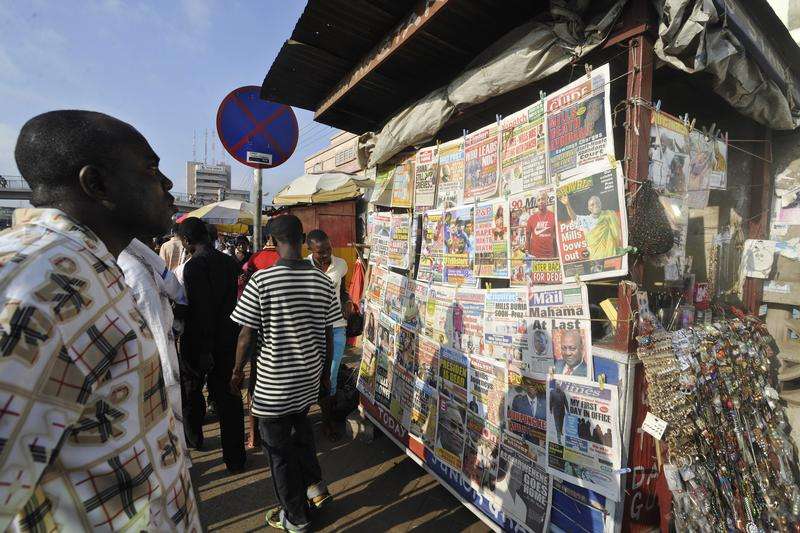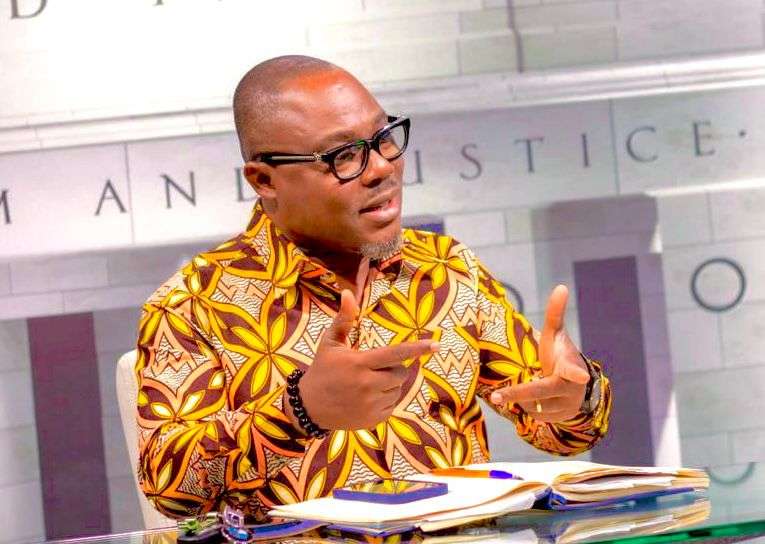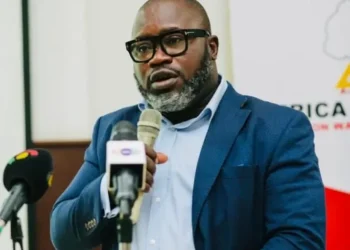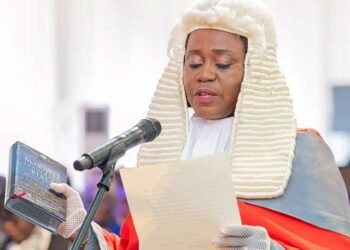Political Scientist, Prof. Ransford Gyampo, has asked whether it is more newsworthy and in the interest of nation-building to report on the OSP identifying Mahama as Government Official One or to report on Mahama’s acquittal of corruption charges in the Airbus scandal.
Prof. Gyampo noted that in Ghana’s highly polarized political landscape, one side of the divide will likely focus on downplaying the OSP investigations as mere “straw”, while the other side will capitalize on the substance of the story, especially if it serves their interests.
He added that this phenomenon is not unusual in a transitional democracy like Ghana’s, where political allegiances often shape public discourse.
“But really, as a thinking society, which one should we be interested in, and which one should we expect to be reported by the professional media for the purposes of information and education of the generality of our citizenry?”
“The media reportage this morning on the outcome of the OSP investigation into the Airbus Scandal is just one example of some media houses deciding to major on minor issues in their headlining and reportage of major national issues. There are many more examples and I believe well-meaning Ghanaians can relate to what I am talking about”.
Prof. Ransford Gyampo
Prof. Gyampo further noted that often, when one questions the sense of objectivity of some media houses in their news reportage and headline captioning, their typical refrain and response is that “you do not control the editorial policies of media houses and news tabloids”.
He acknowledged that while individuals outside the media fraternity cannot control editorial policies, it is essential to confront and call out media sensationalism and irresponsible editorial practices in any society that values critical thinking.
As such, Prof. Gyampo emphasized that holding the media accountable for their actions is crucial in maintaining a well-informed public discourse.
Balancing Media Freedom With Ethical Standards
Furthermore, Prof. Ransford Gyampo emphasized that media freedom does not equate to unbridled liberty or media tyranny, but rather should be balanced with responsibility and ethical standards.
Prof. Gyampo emphasized that media practitioners are not infallible deities, but rather public servants who must be held accountable for their actions, just like politicians, to ensure transparency and responsibility.

“We know some (not all) are easily induced financially to be irresponsible and to them, this is purely business, regardless of how illegitimate and nation-wrecking this business may be. But these guys must be made to know that, when we take money to ship-wreck our peace and democracy, we would all suffer as we would have no peace to enjoy whatever money we may have been paid”.
“It must also be mentioned forcefully that, there are also some media houses and practitioners who are committed to the dogmas of nationalism and patriotism, and it is up to us as a people to commend and encourage those who are doing well and to subject those who take money to be irresponsible to strict proofs”.
Prof. Ransford Gyampo
Prof. Gyampo pointed out that while some politicians are indeed corrupt, some media practitioners are equally culpable, particularly when they compromise their integrity by accepting financial incentives to craft sensational headlines.
He pointed out that some media outlets and professionals compromise their journalistic integrity by airing biased shows and publishing misleading reports, prioritizing financial gain over the ethical standards their education and training should uphold.
Prof. Gyampo lamented that these actions are taken with reckless disregard for the importance of protecting our democracy, preserving national unity, and promoting peace as if the pursuit of wealth outweighs all other considerations.
He acknowledged that “Sika y3 mogya”, but raised a critical question about the significance of material wealth in the absence of peace, which is fundamental to human existence.
READ ALSO: A Mixed Trading Session Ends in a Loss on the GSE























